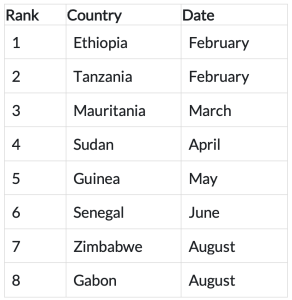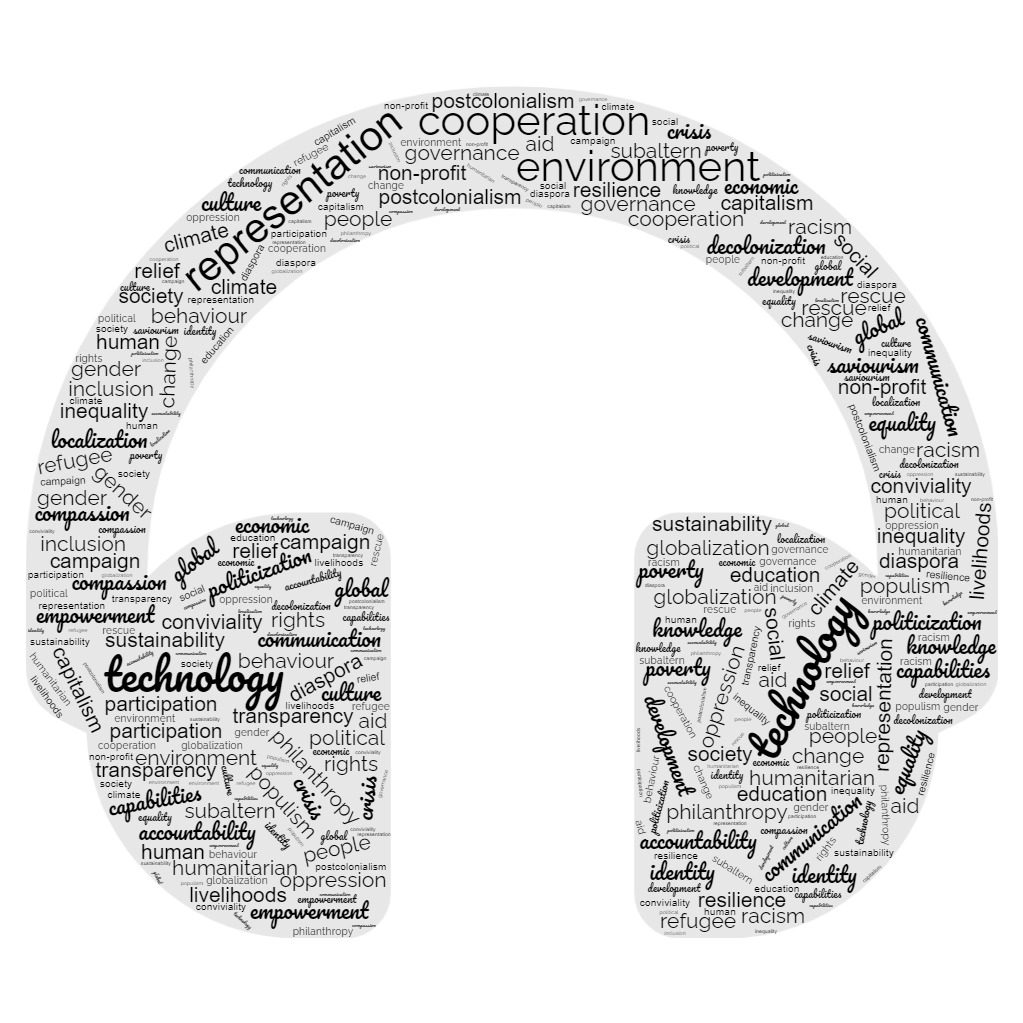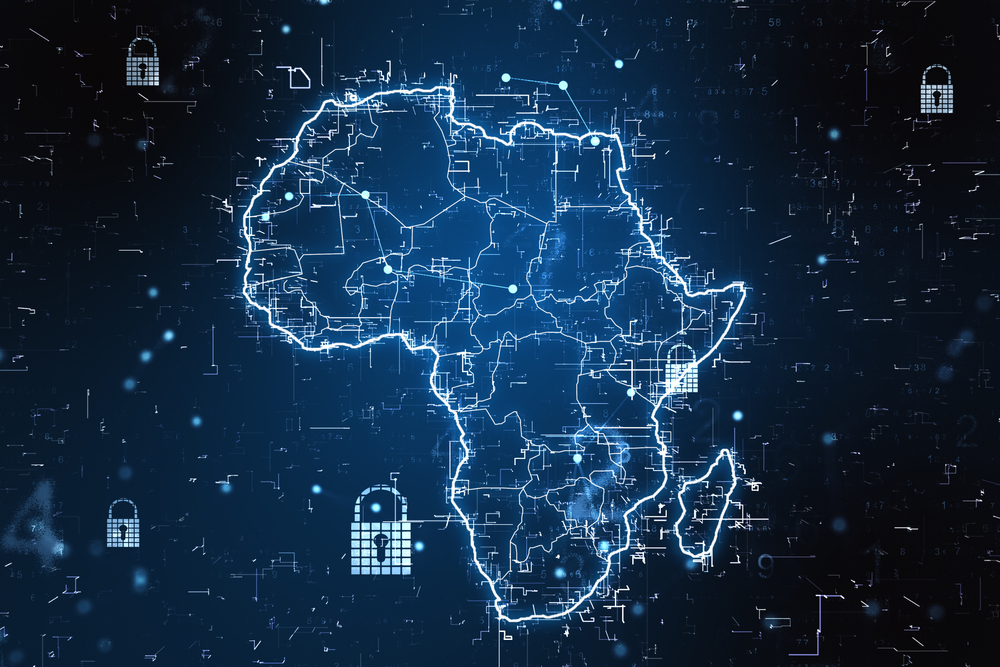African governments are good students of history as they still recall and do not underplay the role of online media in empowering the masses. They still remember how online conversations mobilised large parts of the population in Tunisia. Today, African governments have resorted to digital suppression to silence their nationals in times of protests and civil resistance.
Internet access in Africa remains significantly low, with over 50% of the population on the continent lacking access to it. For several African countries, internet affordability is a hindrance for a big percentage of their population, given that internet is expensive compared to other countries in the world. Access to electrical infrastructure has also hindered internet accessibility in Africa. Unfortunately, for those who can afford internet, it comes with restrictions instituted by the respective governments. These restrictions vary from time to time, depending on the prevailing political circumstances within each country.
African governments are good students of history as they still recall and do not underplay the role of online media in empowering the masses. They still remember how online conversations mobilised large parts of the population in Tunisia. Today, African governments have resorted to digital suppression to silence their nationals in times of protests and civil resistance.
BBC reports that government-instituted internet and social media restrictions are increasingly becoming commonplace in Africa. According to the Netherlands-based cyber security company Surfshark, between 2020 and 2021, Africa was the most censored globally. Surfshark monitors network connection interferences and social media restraints that are instigated by governments. They report that 6 countries have imposed internet restrictions so far in 2023, doubling the number of countries that did so in 2022. However, Access Now, an independent monitoring group, reports that 2019 saw a total of 25 recorded cases of both partial and total internet shutdowns in Africa, adding that 20 were recorded in 2018 and 12 in 2017.
In an interview with Voice of Africa, Egle Grasys, a representative of Surfshark said that internet and social media shutdowns in Africa have been a response by governments during protests, conflicts and political emergencies to stop people from protesting and sharing the protests globally. “When the public is protesting and is unhappy with the government, social media and the internet is a great way to organize a gathering and try to gather more people to make a stand to protest,” Grasys said. “Obviously, governments don’t always support such demonstrations. By shutting down the internet or restricting the internet, the government makes it difficult for the public to organize these demonstrations.”

According to Business Insider Africa and Voice of Africa, these are the African countries that have been implicated by Netherlands-based cyber security company, Surfshark for having imposed internet restrictions so far in 2023. It is reported that the number has doubled compared to 2022.
Eritrea leads in internet inaccessibility due to factors attributed to restrictions imposed by the government as well as poor infrastructure. The International Journalists’ Network (IJNet) singles out Sudan and Ethiopia as having had the most internet shutdowns on the continent. Further, activists have pointed out that the shutdowns have facilitated governments to hide human rights abuses and imprisonment of journalists. IJNet also reports that in April this year, Sudan put in place “a near-total internet blackout.” This was during the combat between the Sudan Armed Forces and the paramilitary Rapid Support Forces, making the shutdown the twelfth since 2015. It is reported that the Ethiopian government repeatedly instituted internet shutdowns internet during the Tigray war.
Access Now reports that most African countries that have implemented internet and social media restrictions have done so countrywide. In 2021, the Ugandan government ordered telecom companies operating within its borders to block social media platforms and, later, all internet connectivity a day before the national elections. The Tanzanian government had done the same during national elections in 2020. Access Now adds that Zimbabwe, Togo, Burundi, Chad, Mali and Guinea instituted internet and social media restrictions during 2020 for certain periods.
According to the International Journalists’ Network (IJNet), it is a fallacy by African governments that internet restrictions uphold security and stop the spread of false information, as the restrictions are actually meant to control the spread of information. They report that internet inaccessibility restrains journalists from reaching their online audiences.
In the past, it was much easier for African governments to have complete control of information that the public accessed. They would easily restrain traditional media houses and gag them by shutting them down, driving them into bankruptcy, or even imprison journalists that criticised them. With the increased use of the internet and social media platforms on the continent, African governments face a dilemma where they have little or no control over what the masses access and how they access it. Virtual Private Networks (VPN) usage has been a way out for the African population during the times that internet access was obstructed.
Today, most African populations have resorted to social media as a source of uncensored information, a practice that I deem very dangerous for both governments and citizens. The information spread on social media is driven by people’s emotions and not journalistic principles. This creates a situation where information is not verified by the unsuspecting masses because they already believe that formal media houses have been compromised by governments and cannot relay objective information. The only solution left to this dilemma is for governments to allow media freedom to prevail and create an environment where journalists are allowed to be the fourth estate and partners in governance.
Don’t want to read? Listen to this post here:

